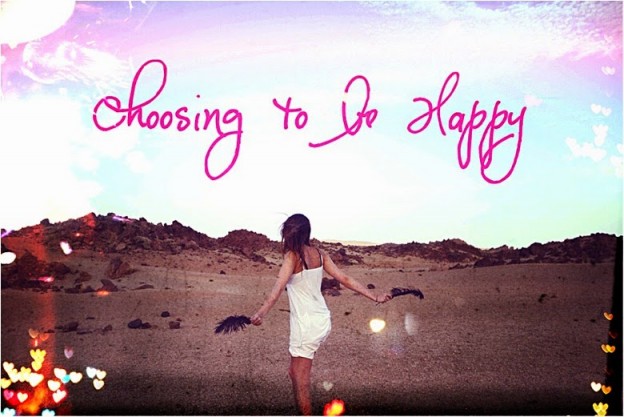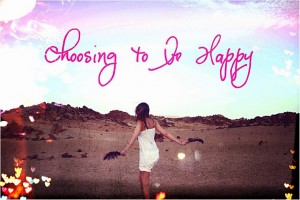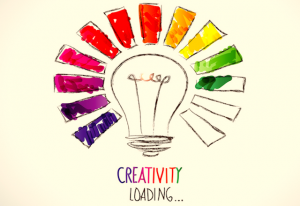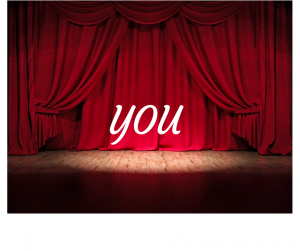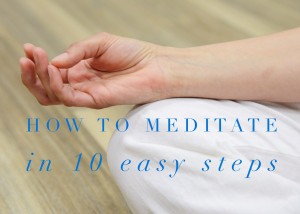 We now know with overwhelming evidence that using meditation can help individuals achieve astonishing results in their physical and mental health.
We now know with overwhelming evidence that using meditation can help individuals achieve astonishing results in their physical and mental health.
This space is too short to offer you a whole course in meditation, but I do want you to know about what meditation is and what it is not.
Recently, I asked my intern students if they were teaching their clients to meditate. I was surprised to hear one student say, “isn’t it just deep breathing?” or “relaxing with your eyes closed?” The simple answer is No. Deep breathing is deep breathing and is useful to help when we feel anxious. Relaxing is relaxing. Also good for us, but it is not meditation.
What is meditation? It’s the act of clearing your mind of clutter and becoming grounded and focused. It is a mental and physical reset button.
It starts with posture. You want to stay relaxed and alert and focus on the present moment. You let your breath do its own thing. You notice. Your breath may change or not. You just notice. Don’t judge.
A good attitude helps but as my teacher, Jon Kabat Zinn said, “you don’t have to like it to do it.” Chances are when you start you’ll feel awkward or uncomfortable. That’s okay. Finding the ideal meditation posture and seating can take a while. There’s no one-size-fits all seat for meditation. You may think of seeing people seated cross-legged on cushions on the floor, but you can also meditate seated in a chair, or walking, or eating mindfully.
Your mind will chatter. It’s called monkey mind because it’s like a monkey jumping from tree to tree. Just notice, don’t judge, let it be. Try not to dwell on any thought. Let them come and go like clouds in a sky. Come back to your breathing over and over.
Here are 10 steps to prepare for daily meditation.
1.) Take a seat.
2.) Let your eyes gaze slightly downward, 4 to 6 feet in front of you or close your eyes. Try it both ways to see which you like best.
3.) Tuck your chin in slightly to keep your spine aligned.
4.) Sit upright and straight but not unnaturally stiff. Arching or slouching produces tension. To align your spine, bend forward then slowly straighten up. Try to feel each vertebra stack up as you go.
5.) Center your sitting bones. Don’t lean forward or backward. Allow yourself to “settle in.” Take your time to get comfortable. Rock back and forth and side to side until you feel the sitting bones loosen up. The rest of your posture will more easily fall into place now.
6.) Keep your arms parallel to your body, palms on your thighs. Some people like to place their hands together or one palm holding the other palm.
7.) Sit with your knees below your hips, legs loosely crossed. That’s why you see people sitting on cushions or meditation benches. You will want to experiment to find the right height.
8.) Come prepared with a shawl, socks, glass or water, and timer.
9.) It’s okay to take a break during your meditation session. Try bringing your knees to your chest, curving your spine forward to stretch out.
10.) If sitting is uncomfortable, take your seat in a chair. It’s easier on your knees and convenient. Resist the urge to slouch back in the chair unless you really need to. Sitting straight helps your breathing. Keep your feet flat on the floor. You may have to use a stool or something under your feet if the chair is too high off the floor.
Homework:
Practice with no expectations but notice the results.
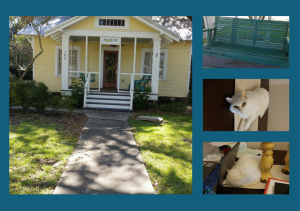 When the Fall season arrives, it comes with warm, comforting recipes and new visual landscapes to admire. It can also bring Seasonal Affective Depression that creeps in like the cloudy skies.
When the Fall season arrives, it comes with warm, comforting recipes and new visual landscapes to admire. It can also bring Seasonal Affective Depression that creeps in like the cloudy skies.



